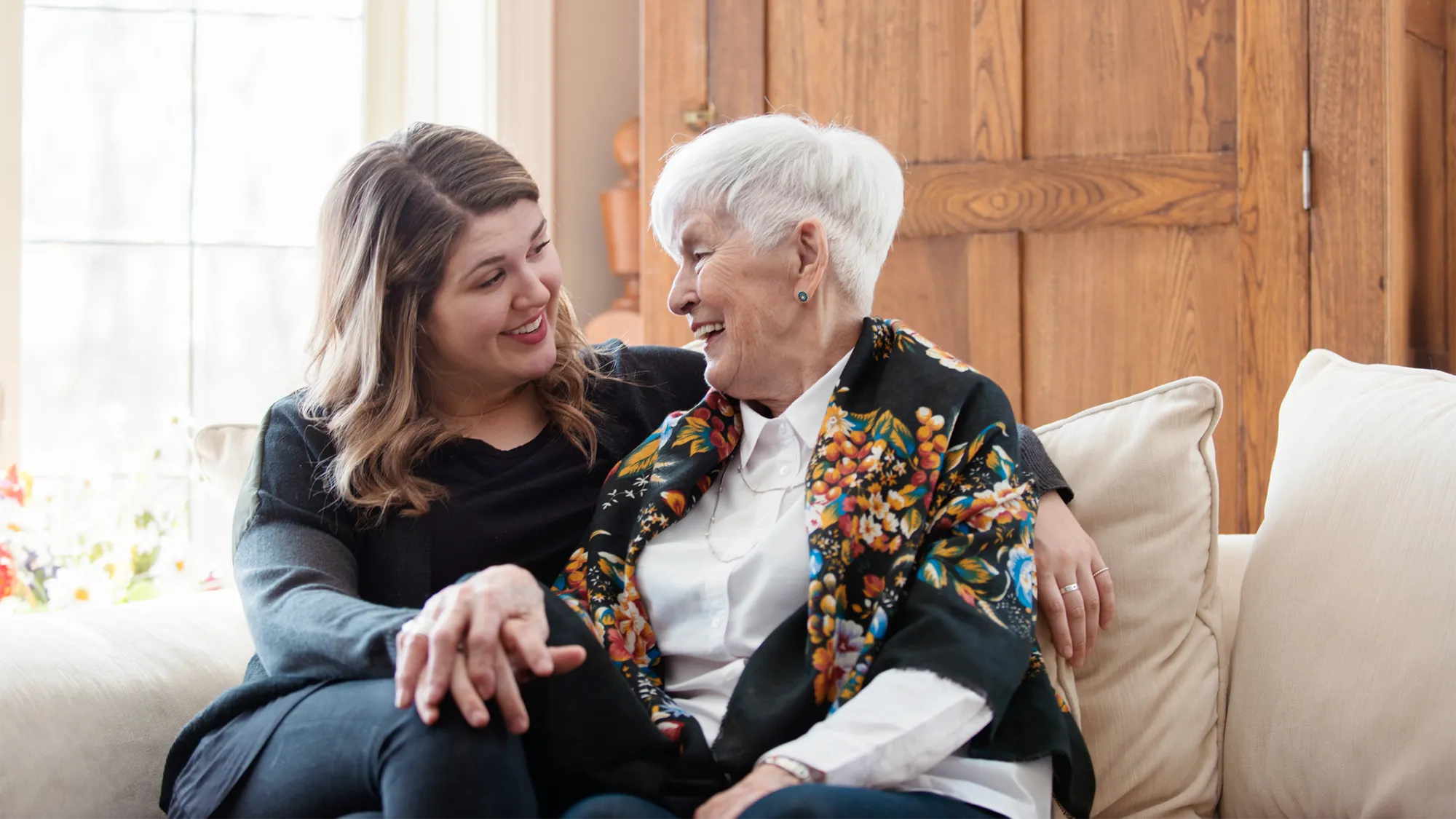Memory Care
11 Signs It Might Be Time for Assisted Living

11 signs it might be time for assisted living can guide families through the often difficult decision of when to transition their loved one into a more supportive environment. Recognizing these warning signals early on will help ensure that your loved one receives the necessary care and attention. From safety concerns to increasing isolation, assisted living offers the required support for seniors to thrive. Below, we outline the critical signs that indicate it might be time to consider this option.
11 Signs It’s Time for Assisted Living
- Difficulty With Daily Activities
Difficulty with daily living (ADLs) tasks, such as dressing, bathing, eating, and mobility, can be a significant sign that assisted living may be necessary. When your loved one finds it increasingly difficult to manage these independently, it may be time to seek professional help.
- Forgetting to Take Medication
Missed or incorrect medication dosages are among the most common warning signs, potentially leading to serious health complications. Assisted living ensures the correct administration of medications as prescribed, thus preventing potentially dangerous mistakes.
- Declining Physical Health
Chronic health issues, frequent doctor visits, or unexplained weight loss are red flags. Assisted living provides access to healthcare professionals who monitor your loved one’s health and address issues before they escalate.
- Increased Isolation and Loneliness
Social isolation can negatively affect both mental and physical health, contributing to depression and cognitive decline. Assisted living homes provide a busy social environment with events and opportunities for interaction, which helps to alleviate loneliness.
- Safety Concerns in the Home
Has your loved one experienced falls or other safety incidents at home? Seniors living alone are at risk of falls, burns, or other accidents that may go unnoticed for hours or even days. Assisted living communities are built with safety in mind, including 24-hour supervision and emergency response systems.
- Poor Personal Hygiene
Changing personal hygiene habits, such as wearing clothes for several days or skipping showers, could indicate that someone we care about is struggling. Assisted living staff help with personal care, ensuring seniors maintain dignity and cleanliness.
- Unexplained Weight Loss or Nutritional Concerns
If your loved one is not eating correctly or has lost weight without explanation, it could be due to difficulty cooking or even forgetting to eat. Assisted living communities provide nutritious meals and cater to dietary needs, ensuring seniors get the nutrition they need.
- Wandering and Getting Lost
For seniors with dementia or Alzheimer’s, wandering is a significant concern. Assisted living communities, especially those with memory care, actively monitor residents in a secure environment, reducing the risk of losing them.
- Unpaid Bills and Financial Management Struggles
When seniors begin to neglect bills, miss payments, or mismanage their finances, it’s a sign that they may need assistance. Assisted living communities offer support with day-to-day management and ensure that these essential tasks don’t fall through the cracks.
- Family Caregiver Burnout
Family caregivers frequently endure physical and mental exhaustion from juggling their own lives with those of their loved ones. Assisted living can relieve this burden, allowing caregivers to concentrate on their s relationships with their loved ones rather than managing their care full-time.
- Sundowning and Behavioral Changes
Sundowning—a state of confusion and agitation that worsens in the evening—is common in seniors with dementia. Assisted living communities with specialized memory care services can handle these behaviors, providing care that family members may find challenging.
Is Assisted Living the Right Choice for Your Family?
The decision to transition a loved one to assisted living is deeply personal. While these signs can guide you, every situation is unique. Consulting with a healthcare provider and involving your loved one in the conversation is crucial. Ultimately, assisted living can provide the support, safety, and community that your loved one deserves.
Explore Varenita of West Cobb
If you notice any warning signs, it may be time to explore assisted living options. Varenita of West Cobb provides a welcoming community where your loved one can receive the care and support they require while being independent. A professional staff meets your loved one’s needs with compassion and expertise, offering a range of services in assisted living in West Cobb. Visit us to learn more about assisted living homes in West Cobb and how we can help.